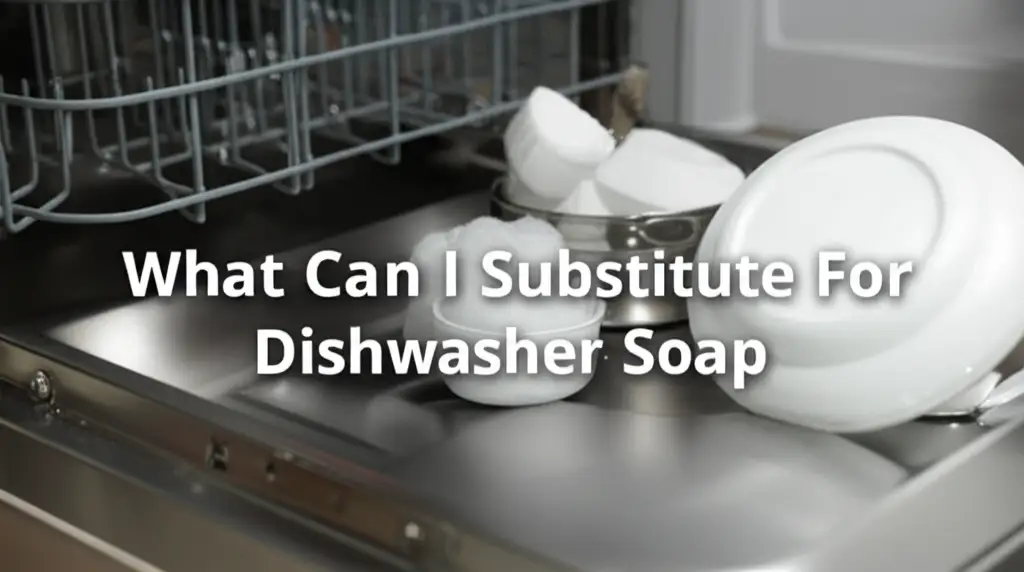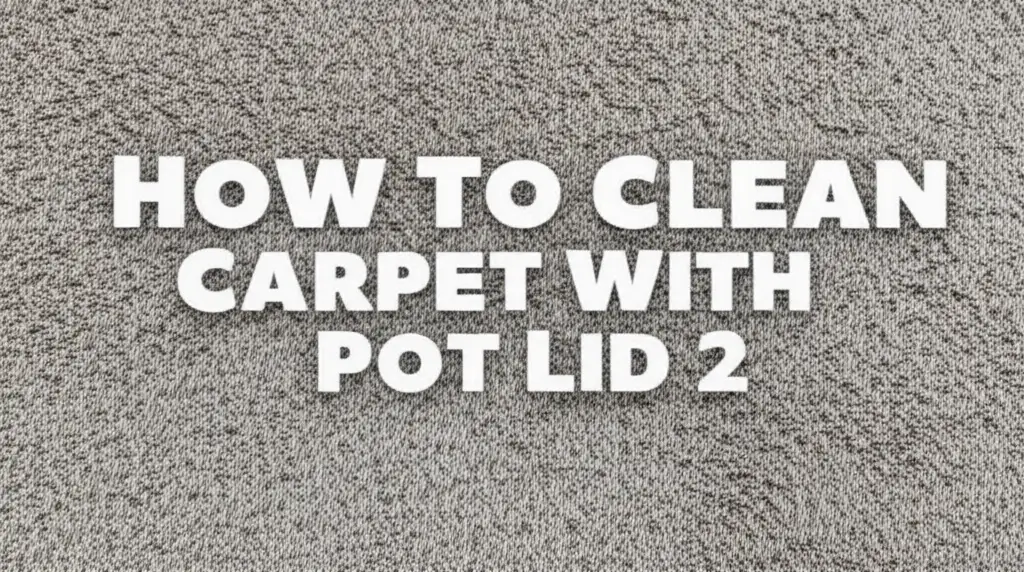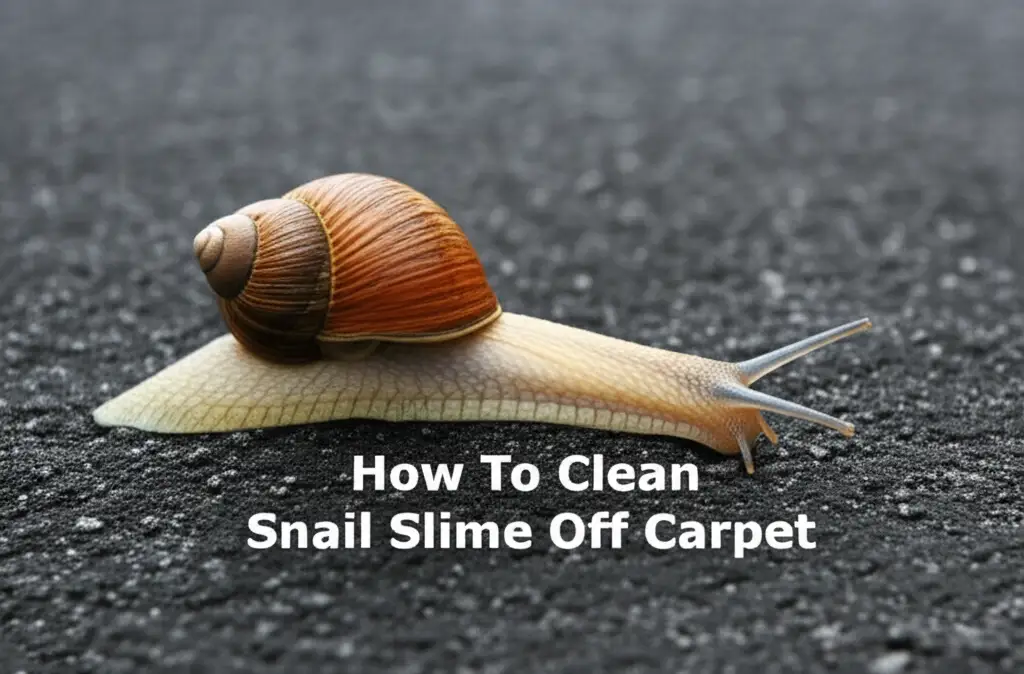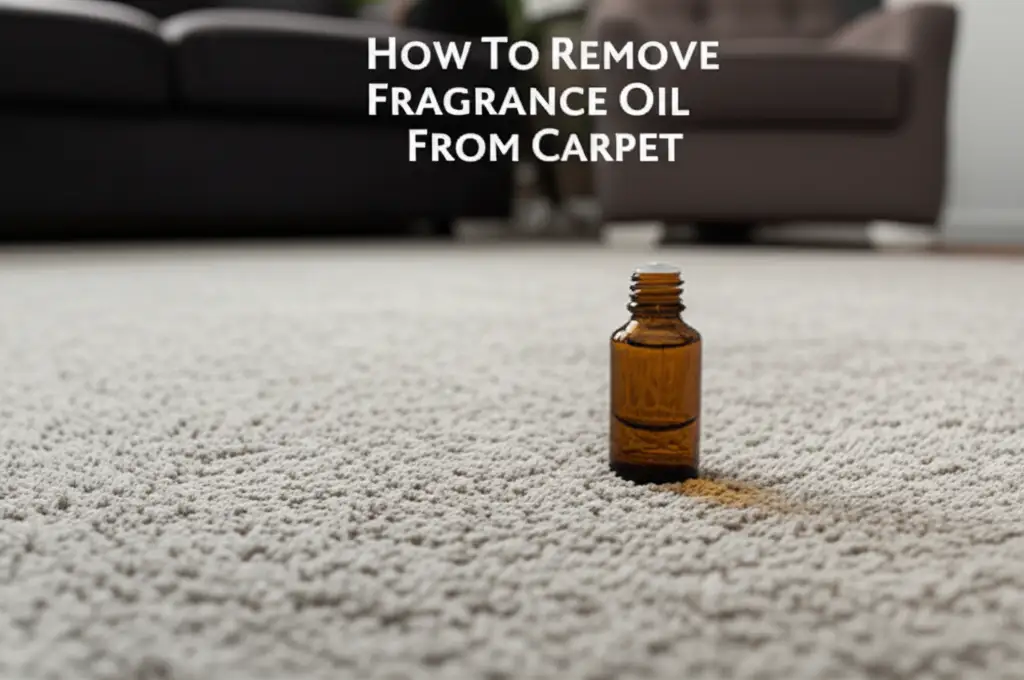· Liora Benning · Home Cleaning · 17 min read
What Can I Substitute For Dishwasher Soap

Find the Best Dishwasher Soap Substitutes for a Sparkling Clean
Imagine this: You have a sink full of dirty dishes. You open your dishwasher, ready to load everything, only to find you are completely out of dishwasher soap. It is a common problem, and it can stop your kitchen routine cold. Many people wonder, “What can I substitute for dishwasher soap?” Running an empty machine or trying unsafe alternatives can harm your appliance or your dishes. Luckily, several effective and safe alternatives exist for those unexpected moments.
This article will guide you through the best emergency options. We explore effective homemade solutions. You will also learn what products to never put in your dishwasher. We cover how to maintain your machine. This ensures it stays in top condition. By the end, you will feel confident tackling any dishwashing dilemma.
Takeaway
- White vinegar and baking soda are the best emergency substitutes.
- Never use hand dish soap, as it creates too many suds and can damage your machine.
- Homemade recipes offer a cost-effective and eco-friendly long-term solution.
Quick Answer
For an emergency, a small amount of white vinegar or baking soda can clean your dishes effectively. Use one tablespoon of baking soda in the detergent dispenser and one cup of white vinegar in the rinse aid dispenser or at the bottom of the dishwasher. Avoid all foaming soaps like hand dish soap.
Understanding Dishwasher Soap and Its Purpose
Dishwasher soap is not like the soap you use to wash dishes by hand. It contains special ingredients designed for machine washing. This specific formulation helps it clean dishes without creating excessive foam. Normal hand soaps produce many suds. These suds can overflow your dishwasher. They can also damage the internal components.
Dishwasher detergents often include enzymes. These enzymes break down food particles. They tackle grease and stubborn stains. They also have defoaming agents. These agents prevent the suds from building up. Some formulas also contain water softeners. These help reduce hard water spots on dishes. The goal is to clean dishes thoroughly. The soap must also rinse away completely. This leaves no residue behind. This unique blend of chemicals ensures a clean, spot-free result every time.
Using the wrong type of soap can lead to various problems. Too much foam can block spray arms. It can even cause water leaks. The wrong soap might not clean dishes well. It can leave food residue or a cloudy film. This film can accumulate on your dishes over time. Some hand soaps can even cause damage to the dishwasher’s pump or motor. This can lead to costly repairs. Always remember that a dishwasher is a complex appliance. It needs specific cleaning agents to function correctly. Using the right product protects your investment. It also keeps your dishes sparkling clean.
When you are out of the correct detergent, knowing the proper substitutes is important. This helps you avoid common mistakes. These mistakes can harm your dishwasher. They can also leave your dishes dirty. Understanding the science behind dishwasher soap helps you make informed choices. This knowledge prevents unexpected problems. For example, if you mistakenly used a foaming soap, knowing what to do if you put Dawn in dishwasher can save you from a big mess. It is crucial to understand that even some products labeled “dishwasher liquid” can be problematic if they are not specifically for automatic dishwashers. You should always be careful about can you use dishwasher liquid in dishwasher if it’s not clearly marked as automatic dishwasher detergent.
Safe and Effective Emergency Dishwasher Soap Substitutes
Sometimes you just need a quick fix. You might run out of your regular dishwasher detergent. In these moments, certain household staples can come to your rescue. These items are safer for your dishwasher than hand soap. They can still get your dishes clean in a pinch. It is important to remember these are temporary solutions. They may not offer the same cleaning power as commercial detergents. However, they are perfect for emergencies.
White Vinegar: The Versatile Cleaner
White vinegar is a fantastic natural cleaner. It is acidic, which helps break down grease and food particles. Vinegar also acts as a rinse aid. It prevents water spots and leaves dishes sparkling. This makes it a popular choice for many cleaning tasks. You can use it as an emergency dishwasher soap substitute. It is also excellent for keeping your dishwasher fresh and clean.
To use white vinegar, pour one to two cups into a dishwasher-safe bowl. Place this bowl on the bottom rack of your dishwasher. Run a normal cycle without any other detergent. Alternatively, you can fill the rinse aid dispenser with white vinegar. This helps with spotting and shine. Vinegar alone does not have strong cleaning agents for heavy food residue. It excels at removing hard water buildup and odor. It is especially useful for maintaining a clean appliance. Knowing where to put vinegar in dishwasher to clean can enhance your cleaning routine.
Baking Soda: Gentle Abrasive and Odor Neutralizer
Baking soda is another common household item with cleaning power. It is a mild abrasive. It can help scrub away stuck-on food. Its alkaline properties help neutralize odors. Baking soda does not create suds. This makes it safe for your dishwasher. It works well on light dirt and to freshen up dishes. You can combine it with vinegar for a more robust cleaning action.
To use baking soda, sprinkle about a quarter to half a cup on the bottom of your dishwasher. You can also add it to the detergent dispenser. Run a normal wash cycle. For heavily soiled dishes, you might want to pre-rinse them. Baking soda alone is not strong enough for tough grease. It is excellent for regular washes or when dishes are only lightly dirty. It helps prevent food from sticking to dishes during the wash. It also leaves your dishwasher smelling clean.
Borax: A Powerful Cleaning Booster
Borax is a mineral commonly used in laundry and household cleaning. It is alkaline, which helps cut through grease and grime. Borax also acts as a water softener. This makes it effective in hard water areas. It boosts the cleaning power of other ingredients. Many homemade detergent recipes include borax for this reason. It can be a strong addition to your emergency cleaning arsenal.
To use borax, add one to two tablespoons to your dishwasher’s detergent dispenser. You can combine it with baking soda for better results. Always use borax sparingly, as it is a powerful agent. It is a good idea to ensure good ventilation when using borax. It is generally safe for dishwashers and helps achieve a cleaner wash. Borax is a good option when you need an extra boost for tough messes.
Washing Soda: The Stronger Cleaner
Washing soda, or sodium carbonate, is similar to baking soda but more alkaline. This higher alkalinity makes it a stronger cleaning agent. It is excellent at breaking down grease and tough stains. Washing soda also works as a water softener. It can improve cleaning performance in hard water conditions. It is a more potent alternative than plain baking soda.
Use one to two tablespoons of washing soda in the main detergent dispenser. You can mix it with a small amount of baking soda or borax. Be careful when handling washing soda. It can irritate skin. Always wear gloves. Make sure it dissolves well during the cycle. Washing soda provides a powerful clean for difficult loads. It is a valuable substitute when your regular detergent is gone.
Using these safe substitutes can save your day. They are not perfect replacements for dedicated dishwasher detergent. However, they provide enough cleaning power for many situations. They also protect your appliance from damage. This gives you peace of mind during unexpected shortages. Remember, these are meant for occasional use.
Crafting Your Own Homemade Dishwasher Detergent
Making your own dishwasher detergent is a smart choice for many reasons. It can save you money over time. You also control the ingredients. This means no harsh chemicals or artificial fragrances. It is an eco-friendly option. You reduce plastic waste from detergent bottles. Homemade detergent can be surprisingly effective. It works well for daily use.
A basic homemade dishwasher detergent recipe often uses a combination of common household powders. These powders work together to clean, rinse, and prevent spots. The ingredients are easy to find. They are also relatively inexpensive. Many people find homemade options perform as well as commercial brands. You can adjust the recipe to suit your water hardness. This makes it a flexible solution.
Basic Homemade Dishwasher Detergent Recipe
This recipe is a good starting point. It uses ingredients known for their cleaning properties.
Ingredients:
- 1 cup Borax
- 1 cup Washing Soda (Sodium Carbonate)
- 1/2 cup Citric Acid (found in canning supplies or online)
- 1/2 cup Kosher Salt (helps with scrubbing and hard water)
Instructions:
- Combine All Ingredients: In a large bowl, mix the borax, washing soda, citric acid, and kosher salt. Stir them thoroughly. Make sure there are no clumps.
- Store Properly: Transfer the mixture into an airtight container. A glass jar or plastic container with a tight lid works well. This keeps moisture out. Moisture can cause the powder to clump.
- How to Use: For each load, use one to two tablespoons of the mixture. Place it in the main detergent dispenser. For very dirty loads, you can add a little extra.
- Rinse Aid: You can use white vinegar as a natural rinse aid. Fill your dishwasher’s rinse aid dispenser with white vinegar. This helps prevent water spots.
Optional Additions and Considerations
- Essential Oils: For a fresh scent, add 10-15 drops of essential oil to the mix. Lemon, orange, or tea tree oil are good choices. Mix them in well. Essential oils are optional and do not add to the cleaning power.
- Hard Water: If you have hard water, consider increasing the amount of citric acid. Citric acid helps combat mineral deposits. It also improves shine. Adding a bit more kosher salt can also help. Hard water can cause film on dishes.
- Storage: Always store your homemade detergent in a dry place. Humidity can make the powder harden. This makes it difficult to use.
Making your own detergent is simple. It offers a powerful and natural way to keep your dishes clean. It aligns with an eco-friendly lifestyle. It also saves money. Many people find they prefer the results of their homemade detergent. It is a great alternative to store-bought options. This approach complements a broader understanding of alternatives, such as when you might need a substitute for dishwasher detergent in general.
What NOT to Use as Dishwasher Soap (and Why)
Knowing what to use is important. Knowing what not to use is even more critical. Using the wrong product in your dishwasher can cause significant problems. These problems range from messy overflows to damaged machine parts. Some substances might seem like good ideas. However, their chemical makeup is entirely different from proper dishwasher detergent. Understanding these differences helps protect your appliance and your home.
The primary concern with unsuitable substitutes is foaming. Dishwasher detergent has special defoaming agents. Most other soaps do not. When foam builds up inside a dishwasher, it can create a huge mess. It also affects the machine’s performance. The suds can block the spray arms. This prevents water from reaching your dishes. This leaves them dirty. Excessive foam can even force its way out of the dishwasher door. This causes water damage to your kitchen floor.
Hand Dish Soap: A Foamy Disaster
Never, ever use hand dish soap in your automatic dishwasher. This is the most common mistake people make. Hand dish soap is designed to create lots of suds. These suds help lift grease when washing by hand. In a dishwasher, these suds multiply rapidly. They will fill the entire machine. They will pour out of the door. This creates a massive, soapy flood on your kitchen floor.
The overflow is not the only issue. The excessive foam can damage your dishwasher’s internal components. It can strain the pump and motor. It can leave a sticky residue inside the machine. This residue can lead to clogs and reduce cleaning efficiency over time. If you accidentally put hand dish soap in your dishwasher, know that what to do if you put Dawn in dishwasher involves quickly stopping the cycle and flushing the system. It is a messy situation that is best avoided altogether. Remember, hand soap and dishwasher soap are fundamentally different. They are not interchangeable.
Laundry Detergent: Not Designed for Dishes
Laundry detergent might seem like an option because it cleans clothes. However, it is not suitable for dishes. Laundry detergent formulations are different. They contain powerful enzymes and brighteners. These are great for fabric but can harm dishware. They might leave harsh residues on your plates and glasses. This residue can be unsafe to ingest.
Laundry detergents also contain more foaming agents than dishwasher detergents. While not as sudsy as hand soap, they can still create enough foam to cause problems. They may also contain dyes and perfumes. These can stain your dishes or leave an unwanted scent. The chemicals might also be too abrasive for your dishware. They could potentially etch or damage delicate items. Always keep laundry detergent separate from kitchen cleaning supplies.
Bar Soap or Body Wash: Residue and Clogging Risk
Using bar soap or body wash in your dishwasher is a bad idea. These products are made with fats and oils. They are designed to lather and moisturize skin. They do not dissolve cleanly in a dishwasher’s hot water cycle. Instead, they can melt into a sticky, greasy residue. This residue will coat your dishes. It will also build up inside your dishwasher.
This sticky residue can clog your spray arms. It can also clog the filter and drain hose. Over time, this buildup can lead to serious blockages. These blockages can affect your dishwasher’s performance. They can even cause it to break down. The fat content in these soaps can also leave an unpleasant film on your dishes. They will come out looking cloudy and dirty. Stick to cleaning products made for dishes only.
By understanding these forbidden substances, you can prevent costly mistakes. Always check the label on any cleaning product. Ensure it is specifically for automatic dishwashers. When in doubt, it is better to skip a load or use a safe emergency substitute than risk damaging your machine. Protecting your appliance ensures it lasts longer. It also keeps your dishes truly clean.
Maintaining Your Dishwasher for Optimal Performance
Even with the best dishwasher soap or substitutes, proper machine maintenance is key. A clean and well-maintained dishwasher works more efficiently. It cleans dishes better. It also helps prevent common problems. Regular cleaning of your dishwasher ensures longevity. It also prevents unpleasant odors and buildup. Taking a few simple steps can make a big difference.
Dishwashers accumulate food particles, grease, and mineral deposits over time. These can clog spray arms. They can block filters. They can also cause mold growth. When your dishwasher is dirty, even premium detergents cannot do their job well. You might notice dishes are not as clean. They might have a film or spots. Your dishwasher might also start smelling bad. Routine maintenance helps avoid these issues.
Filter Cleaning: A Must-Do Task
Your dishwasher’s filter traps food debris. This prevents it from recirculating and redepositing on dishes. Over time, this filter can get clogged. A clogged filter reduces cleaning efficiency. It can also lead to foul odors. Most dishwashers have a removable filter. It is usually located at the bottom of the tub.
You should clean your dishwasher filter at least once a month. Some manufacturers recommend weekly cleaning. To clean it, remove the filter following your appliance’s manual. Rinse it under warm running water. Use a soft brush and a little dish soap to remove stubborn debris. Rinse it thoroughly and put it back in place. This simple step vastly improves cleaning performance. Knowing how often should you clean your dishwasher filter is crucial for a well-functioning machine.
Mold Prevention and Cleaning
Dishwashers are warm, damp environments. This makes them prone to mold and mildew growth. Mold can cause unpleasant smells. It can also affect your dishes. Regularly cleaning the interior of your dishwasher prevents mold. Pay attention to rubber seals and crevices. These areas often trap moisture and food particles.
To prevent mold, leave the dishwasher door ajar after a cycle. This allows air to circulate and the interior to dry. You can run a hot cycle with a cup of white vinegar on the top rack. This helps disinfect and deodorize. For existing mold, a mixture of baking soda and water can be used to scrub affected areas. Knowing how to clean mold off dishwasher helps keep your kitchen healthy.
Using Commercial Dishwasher Cleaners
Beyond DIY methods, commercial dishwasher cleaners offer deep cleaning. These products target tough grease buildup. They also tackle hard water deposits. They reach areas you cannot easily scrub. You should use a commercial cleaner every one to three months. This helps maintain optimal performance.
To use a commercial cleaner, follow the product instructions. Most involve running an empty cycle with the cleaner in the detergent dispenser. These cleaners are formulated to break down buildup. They leave your dishwasher fresh and clean. This routine step complements regular filter cleaning. It also supports your choice of everyday detergent. Learning how to use dishwasher cleaner ensures you do it correctly.
Addressing Hard Water Impact
Hard water contains high levels of minerals. These minerals can leave spots and film on your dishes. They can also build up inside your dishwasher. This buildup reduces efficiency. It can even shorten the lifespan of your appliance. If you have hard water, consider using a rinse aid. White vinegar is a natural rinse aid.
For severe hard water issues, a water softener might be necessary for your home. You can also use dishwasher detergents designed for hard water. These often contain extra water-softening agents. Regular use of citric acid or a descaling agent helps combat mineral buildup. Addressing hard water ensures your dishes come out clean and sparkling every time.
Proper maintenance protects your dishwasher. It extends its life. It also ensures your dishes are always clean. A little effort goes a long way.
When to Revert to Commercial Dishwasher Detergent
While homemade solutions and emergency substitutes are valuable, they are not always the best long-term choice. There are times when reverting to a commercial dishwasher detergent is simply more practical or effective. Understanding these situations helps you make an informed decision. It ensures your dishes get the best possible clean.
Commercial dishwasher detergents are formulated for consistent, powerful cleaning. They contain specific enzymes that break down a wide range of food soils. They also include advanced rinse aids and defoaming agents. These chemicals ensure a spot-free finish every time. For busy households or those with very dirty dishes, the reliability of a commercial product is often unmatched.
For Stubborn Stains or Specific Dish Types
Homemade detergents work well for everyday loads. However, they may struggle with tough, baked-on food or grease. Commercial detergents often contain stronger enzymes and bleaching agents. These are designed to tackle these difficult messes. If your dishes consistently come out with lingering stains or residue, a commercial product might be necessary.
Certain dishware materials might also benefit from commercial detergents. Delicate glassware often shines better with specific rinse aids found in commercial formulas. For heavy-duty items like pots and pans with burnt-on food, the concentrated power of a commercial detergent can make a difference. While some people question should you put pans in the dishwasher, for those that are dishwasher safe, a robust detergent helps.
Balancing DIY with Commercial Products
You do not have to choose one or the other exclusively. Many households use a hybrid approach. They might use homemade detergent for light, daily loads. They keep a commercial detergent on hand for particularly dirty dishes or for deep cleaning cycles. This allows you to benefit from the cost savings and





